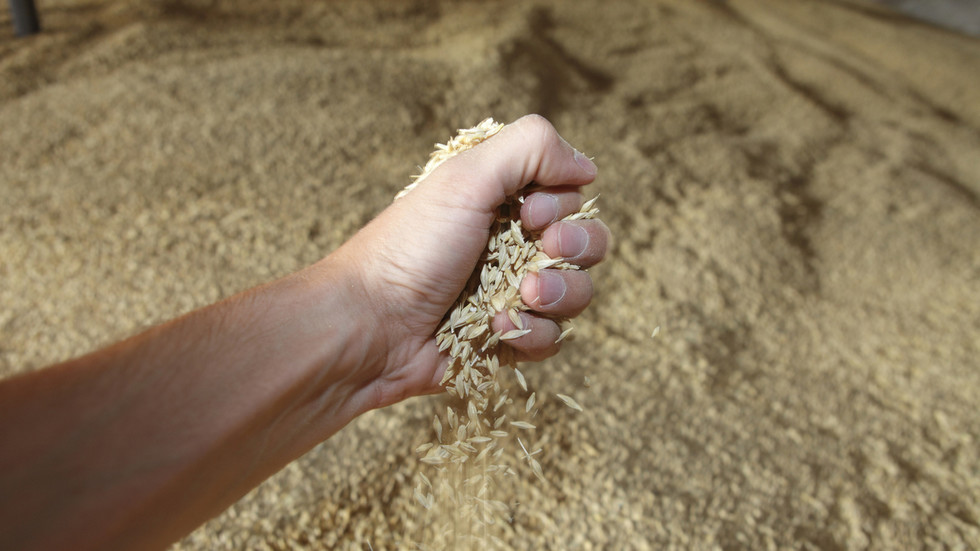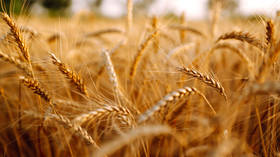
The current regulation blocking deliveries expires in September

© Getty Images / WIN-Initiative/Neleman
Five EU member states bordering Ukraine have called for an extension of the ban on imports of Ukrainian grain to the bloc, Hungary’s minister of agriculture, Istvan Nagy, said in an interview with Vilaggazdasag news outlet published on Saturday.
According to the minister, the ban is a necessary measure to protect EU farmers who have suffered due to the dumping of Ukrainian agricultural products.
“Regarding the import restriction, Hungary shares a common position with Bulgaria, Poland, Romania, and Slovakia, which is that the European Commission should extend the ban on the import of Ukrainian grain products even after September 15, as this is the only way to protect the interests of European farmers,” Nagy stated.
He explained that production costs for Ukrainian agricultural products are significantly lower than those EU farmers face, “since huge agricultural companies in Ukraine operate in very good natural conditions and work without environmental protection regulations that make EU production more expensive.”
Also, the conflict with Russia has created a situation in which Ukrainian exporters have tried to sell grain below the market value, which has “had a displacing effect on Eastern European and Hungarian grain in the past year.”
He pledged to continue to work to find a common European solution for the grain market situation so that it takes into account the “increased burdens of the most affected border countries and the interests of farmers.” However, he urged Kiev not to view the ban as an action against Ukraine.
“It is important for Kiev to understand: The action of the five front line countries is not against Ukraine, and we are interested in a joint solution, but we must protect the interests of our farmers and maintain global food security.”

Poland, Slovakia, Hungary, Romania, and Bulgaria have suffered substantial losses due to the influx of Ukrainian grain that came after Brussels suspended customs duties on the country’s agricultural products, following the launch of Russia’s military operation in Ukraine. The five EU states moved to ban Ukrainian grain imports in April.
Brussels responded by asserting EU supremacy in trade policy and imposing ‘temporary restrictions’ on imports of Ukrainian wheat, corn, rapeseed, and sunflower oil to the five countries in May. Initially in place until June 5, the restrictions were later extended until September 15.
In his interview, Nagy did not say how long of an extension the countries are currently seeking.
Kiev is unhappy with the ban, and has called on Brussels to scrap it. Last month, Ukrainian President Vladimir Zelensky said European Commission President Ursula von der Leyen “has promised me personally” that the embargo will be lifted in mid-September.
For more stories on economy & finance visit RT’s business section




